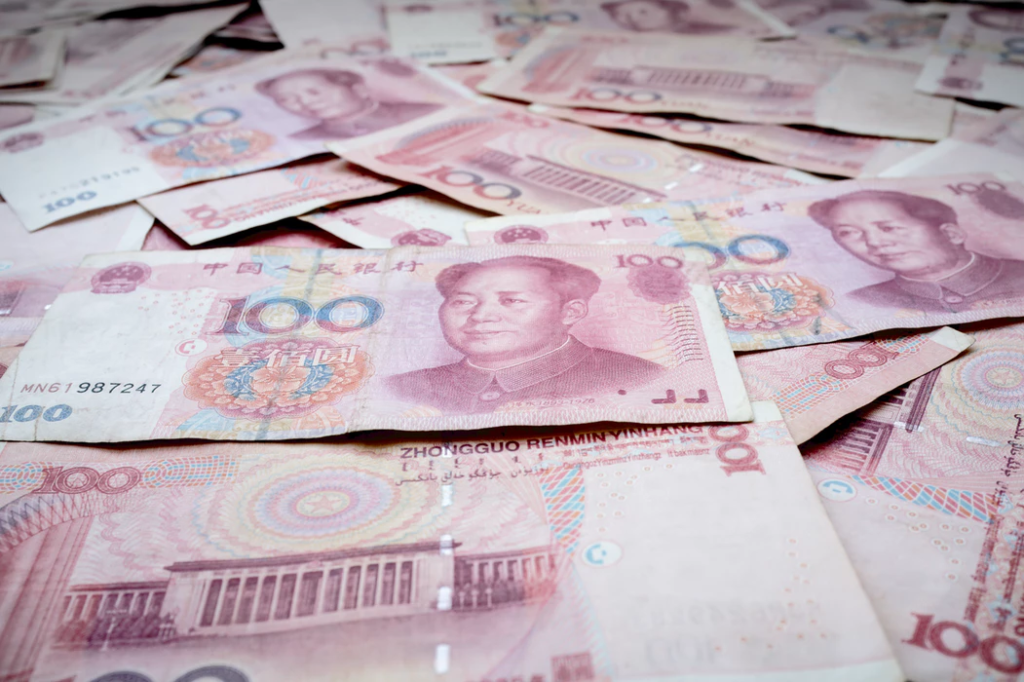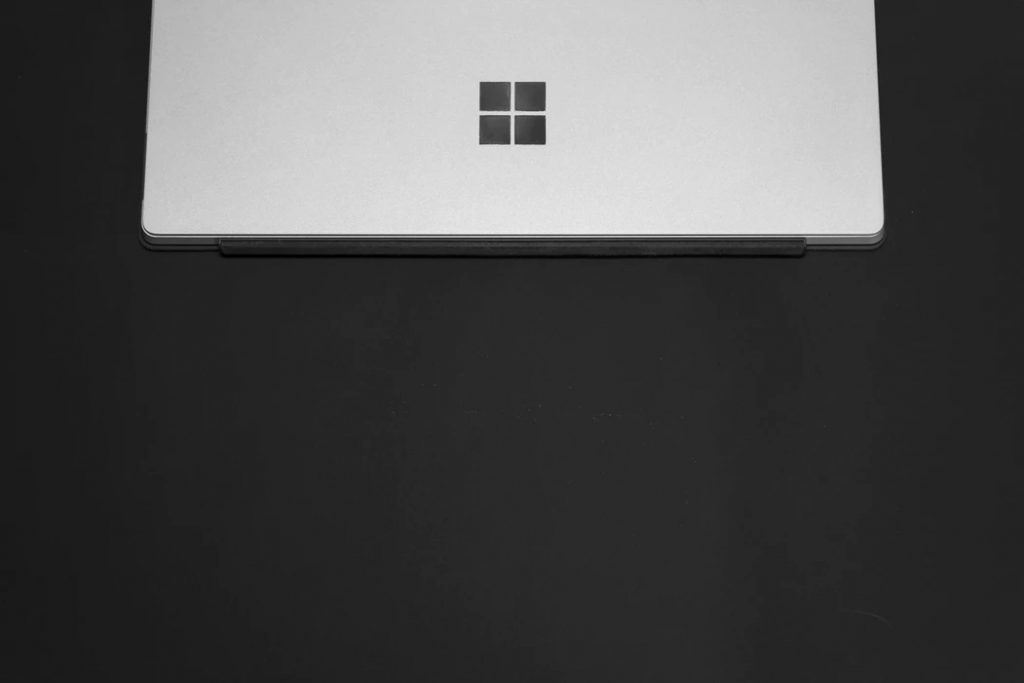Just when many had hoped the power struggle between China and the United States would slow down, things have heated back up. In early August the Chinese government devalued the Yuan, its native currency, to 6.92 to the US dollar, its lowest rate in a decade. The last time the Yuan was below 7 to the dollar was in the middle of the financial crisis of 2008.
This resulted in US President Donald Trump to label China as a currency manipulator, something a US regime hasn’t said against the eastern country since 1994. President Trump was adamant that his stance against China has not changed:

“China has always used currency manipulation to steal our businesses and factories, hurt our jobs, depress our workers’ wages and harm our farmers’ prices. Not anymore!” the president wrote. “It should have been stopped many years ago!”
If China allows its currency to fall even more, countries in East and Southeast Asia that compete in similar industries could face market pressure to devalue their own currencies. Such devaluation spirals can lead to higher inflation, pinched household spending and disruptive shifts of money across borders. They can also lead to more tariffs or other restrictive trade measures.
The US suffered two horrific shootings on the same day in August, and part of the blame is being placed on a relatively unknown website. 8chan, an uncensored message board website, was used by one of the shooters to post a manifesto just before carrying out the attack. This has led many to call for the site to be shut down, including its creator Frederick Brennan. The site is struggling to stay online, after many of its service providers dropped 8chan from their services, making it hard for the site to remain on the web.
Brennan recognizes how his previous creation is now being used as a force for evil, and others agree:
“8chan is almost like a bulletin board where the worst offenders go to share their terrible ideas,” said Jonathan Greenblatt, the chief executive of the Anti-Defamation League. “It’s become a sounding board where people share ideas, and where these kinds of ideologies are amplified and expanded on, and ultimately, people are radicalized as a result.”
8chan has been run out of the Philippines by Jim Watkins, a United States Army veteran, since 2015, when Mr. Brennan gave up control of the site.
The issue with shutting the site down extends to free speech in America, which is completely unregulated. This is unlike similar laws in European nations like France and Germany, where free speech is allowed, with some limitations. With 8chan presenting such an issue in the US, it is unclear whether free speech laws in the country will be amended anytime soon.
Fears of a recession in Germany are growing. The battle of power between China and the United States is having negative ripple effects outward on the global economy and Brexit still remains a looming question.
The German economy, which relies heavily upon exports to both China and the US, is feeling the backlash of the current trade battle between the two nations. As a result, Germany industrial output fell by 5% compared to last year.
Many expect the German economy to continue to languish in the coming year:

“We would characterize today’s industrial production report as devastating, with no silver lining,” wrote economists at Dutch bank ING. “We should prepare for contraction in the German economy.” Germany relies heavily on exporters that sell a disproportionate amount of goods to China and the United States, which are locked in a bitter trade war. Lackluster global auto sales have also hit the country’s carmakers. Fears of a chaotic Brexit are hurting too.
“Weaker global trade, a struggling global auto industry, Brexit and China’s economic problems get pretty close to a perfect storm for Germany,” said Kit Juckes, a strategist at Societe Generale.
Still, all hope might not be lost for the German economy. Even with the aforementioned contraction, both the German government and European Union project German economic growth at 0.5% this year and 1.5% in 2020.
At a recent Samsung product launch, Microsoft CEO Satya Nadella made a surprise appearance to announce a partnership between the two companies. The partnership is an attempt for both companies to collectively take on Apple and its integrated products, allowing users to send text messages directly from their computer. Other features will allow Samsung Galaxy Note 10 users to mirror their screen directly on a Microsoft computer, as well as having photos sync directly between devices.
In a statement, Microsoft Corporate Vice President, Mobile & Cross-Device Experiences, Shilpa Ranganathan, highlighted how big this partnership is for the company:

“This begins the next chapter of our long-standing partnership with Samsung and is another step in our journey to bring the best of Microsoft productivity to the devices you know and love. We are excited to announce that the new Samsung Galaxy Note10 phones will help you get more done right out of the box, natively integrated with best-in-class productivity apps and services from Microsoft including OneDrive, Outlook, Your Phone app with Link to Windows, and access to Word, Excel and PowerPoint. As Satya said today, our ambition is to help people be more productive on any device, anywhere – and the combination of our intelligent experiences with Samsung’s powerful, new devices, including Galaxy Note10 and Galaxy Note10+, make this a reality.”


